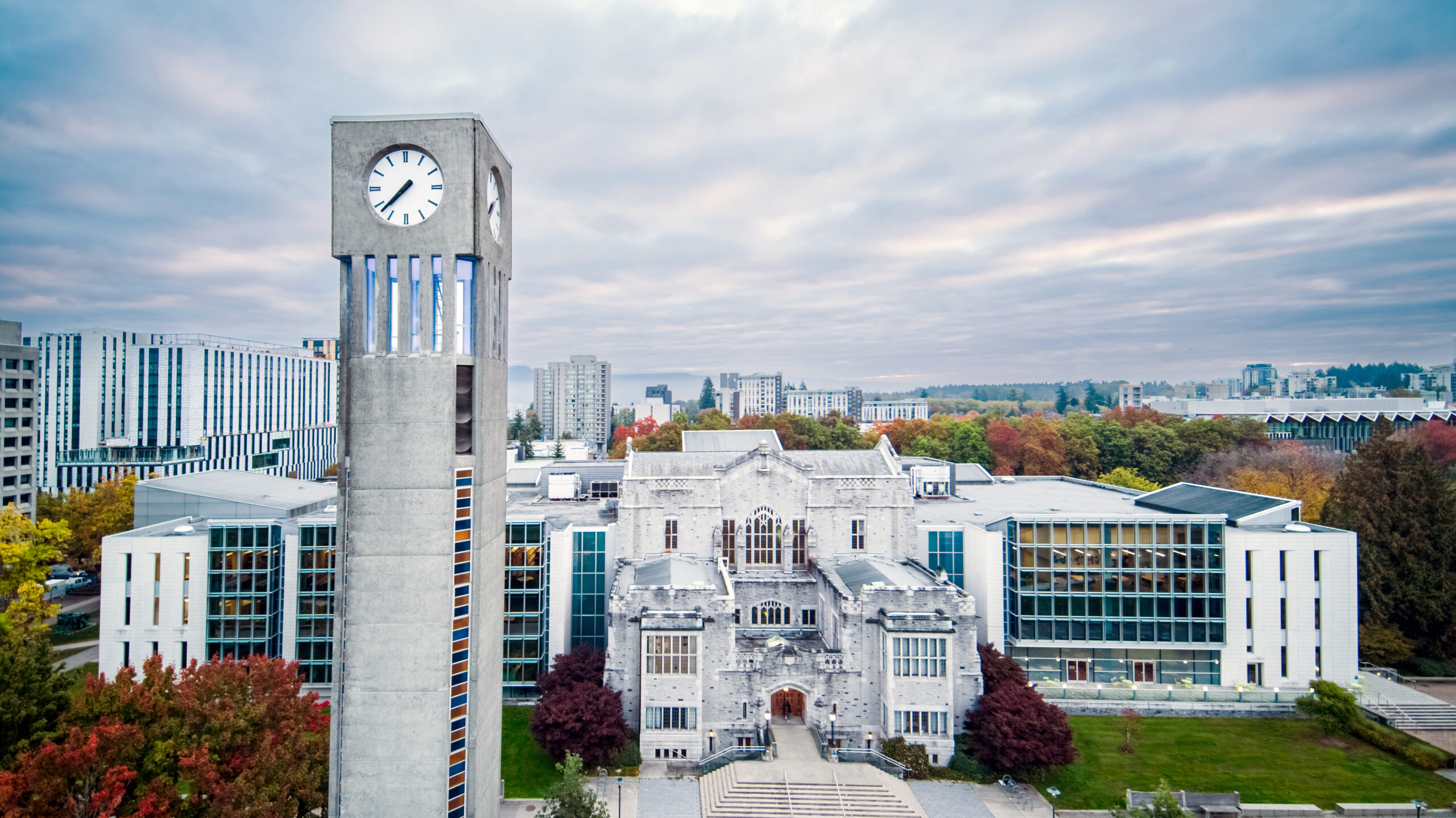Welcoming New Affiliate: University of British Columbia
APSIA is pleased to welcome the University of British Columbia’s School of Public Policy and Global Affairs as an Affiliate Member. UBC is joining in June 2025, making it one of four Canadian schools to be a part of APSIA, alongside two Members - Carleton University’s Norman Paterson School of International Affairs and University of Toronto’s Munk School of Global Affairs and Public Policy - and one Affiliate - Balsillie School of International Affairs.
The Association of Professional Schools of International Affairs (APSIA) is a community of top graduate schools worldwide who are dedicated to the improvement of graduate education in international affairs. Founded in 1989, APSIA has risen to be the leading graduate school association for international affairs schools. Collectively, APSIA seeks to inspire global impact through education to advance understanding, peace, and prosperity through empowering students, institutions, and partners to become transformative agents of positive change.
The APSIA network is made up of 70 member and affiliate schools across 17 countries. APSIA connects prospective students and employers to member and affiliate schools, so that they can capitalize on the skills an APSIA education provides. The schools collaborate with each other and the international affairs community in order to address common challenges and opportunities through annual meetings and ongoing discussions and programming. Through these efforts, APSIA fosters collaboration and innovation for a better world.
Founded in 2017 at the University of British Columbia in Vancouver, Canada, UBC’s School of Public Policy and Global Affairs (SPPGA) is dedicated to catalyzing positive policy change through a global lens. Guided by a mission to build a more equitable, just, and sustainable world, SPPGA responds to the urgent need for informed policymaking in a time of rapid change and global complexity.
Its flagship graduate program, the Master of Public Policy and Global Affairs (MPPGA), equips future policy makers with a profound understanding of policy-making processes through a solid foundation of knowledge acquisition, analysis, career development, and hands-on learning. A signature component of the 20-month professional program is the Global Policy Project, a capstone course where teams directly engage with a client organization to address a real-world policy challenge.
SPPGA is also home to the Institute of Asian Research (IAR), the Centre for the Study of Democratic Institutions (CSDI), the Office of Regional and International Community Engagement (ORICE), Pacific Affairs Journal and the Phil Lind Initiative speaker series. SPPGA faculty, researchers, students, staff, and partners reflect the international character of the school, originating from and conducting high-impact research in six continents. The expertise of its multidisciplinary faculty spans a wide variety of fields, leading innovation in critical areas including global governance and democracy, security and development, Asia policy, climate change and environmental policy, energy policy, human rights and social justice, trade policy, global health, global Indigenous politics, and science and technology policy. The University of British Columbia is a global centre for teaching, learning and research, consistently ranked among the top five percent of universities in the world. UBC embraces innovation and transforms ideas into action. Since 1915, UBC has been opening doors of opportunity for people with the curiosity, drive and vision to shape a better world. Committed to leadership in climate action, UBC was just named one of Canada’s greenest employers in 2025.

